The scars of enduring silent treatment abuse during childhood, whether manifested through avoidance, emotional withdrawal, or the deprivation of love, can cast enduring shadows that stretch well into adulthood.
These enduring imprints possess the power to profoundly impact an individual’s adult life and his or her ability to forge meaningful connections and negotiate conflicts, ultimately influencing their approach to the myriad challenges life presents.
6 Signs Of Silent Treatment Abuse You Must Know
1. Expressing emotions can pose a challenge
Individuals who have encountered the silent treatment in their childhood may encounter difficulties in expressing their emotions as adults.
This struggle can arise from challenges in openly communicating about their feelings, stemming from the absence of emotional validation during their formative years.
The enduring memory of being dismissed or ignored may result in an internal conflict, where the fear of not being heard or acknowledged lingers, potentially hindering their ability to communicate their emotions effectively.
As a result of the effects of the silent treatment abuse, these individuals might grapple with finding the right words to convey their feelings, opting for silence as a defense mechanism to avoid the possibility of being invalidated once again.
2. Tendency To Mirror Patterns In-Grown Relationships
Frequently, individuals who encountered the silent treatment during childhood unknowingly reproduce akin patterns in their adult relationships. These patterns may manifest either as the provider of the silent treatment or as its recipient.
The emotional imprints left by their upbringing can inadvertently influence how they navigate interactions, often leading to a cyclic repetition of dynamics.
Subconsciously emulating what was once familiar, they may struggle to break free from these patterns unless they consciously address and heal the underlying emotional wounds.
Read more here: Silent Treatment in Relationships: How To Know When It Becomes Abusive
3. Frequent need for reassurance
The persistent craving for validation and approval from others often finds its roots in the emotional wounds and insecurities that individuals may have developed while enduring the silent treatment during their upbringing by parents or caregivers.
This experience of being ignored or emotionally sidelined creates a void where affirmation should have been, leaving behind a sense of inadequacy and self-doubt.
As a result, seeking validation from external sources becomes a coping mechanism—an attempt to fill the void left by the lack of emotional validation in childhood.
4. People pleaser
Being subjected to silent treatment during childhood can have a lasting impact, one of which could manifest as a tendency to become a people-pleaser in adulthood.
The experience of silent treatment from parent, and being ignored or denied attention during crucial developmental stages may lead individuals to develop a strong desire to avoid conflict or disapproval.
This can result in silent treatment psychology which means a pattern of prioritizing others’ needs over their own, often at the cost of their own well-being and authentic self-expression.
The fear of confrontation, which is deeply rooted in the silent treatment’s emotional isolation, can drive individuals to overcompensate by seeking approval and validation from others, ultimately shaping their interpersonal dynamics in adulthood.

5. Cognizant of the vibes from everyone
In the context of silent treatment abuse, the profound impact of this behavior goes beyond its immediate manifestation. This insidious form of emotional manipulation can create an acute awareness of energy dynamics within individuals who have experienced it.
Being subjected to the silent treatment abuse engenders a heightened sensitivity to shifts in emotional currents, as recipients learn to attune themselves to the absence of communication and the withdrawal of affection.
This acute awareness of energy extends beyond the specific situation, permeating into other aspects of life.
Individuals who have endured silent treatment abuse may develop an almost intuitive ability to detect underlying tensions and unspoken emotions in various relationships.
Read more here: Responding To A Narcissist’s Silent Treatment
6. Discomfort in the joints
Constant shoulder and neck pain were suggested by her, accompanied by potential tension in the shoulders. As per Psych Central, a 2012 study revealed that the brain’s pain-registering region is activated by the silent treatment.
Consequently, individuals with silent treatment psychology not only experience emotional distress but also a measure of physical discomfort.
This linkage between emotional and physical responses sheds light on the intricate ways in which our emotional well-being intersects with our physical sensations.
It highlights the effects of silent treatment which is an intricate web of mind-body connections, where psychological stressors can transcend mere emotions and materialize as physical discomfort.
Experiencing the silent treatment from parent can inflict profound emotional wounds, resulting in sensations of rejection, abandonment, and diminished self-worth in your adulthood.
The influence of the silent treatment’s impact can differ based on individual backgrounds, resilience, and available support networks.
Nevertheless, it underscores the lasting implications of this form of emotional abuse in early years. Importantly, healing remains attainable.
Through dedicated efforts, whether guided by a professional or self-driven, and the cultivation of healthier coping mechanisms, individuals can embark on a journey of self-renewal. This journey involves gradually rebuilding self-esteem, fostering trust in others, and nurturing more constructive relationships.
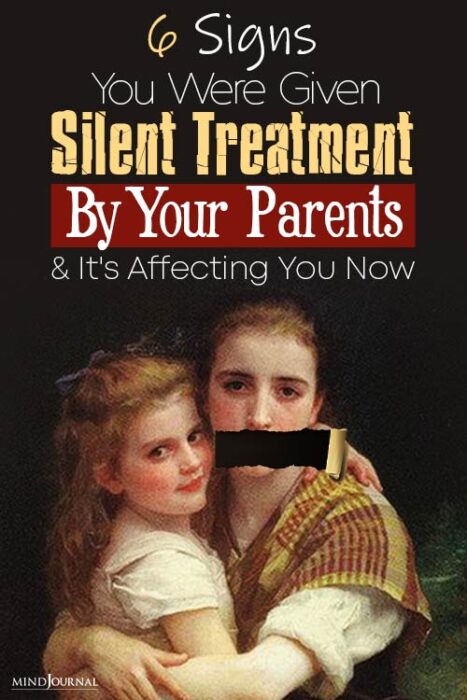
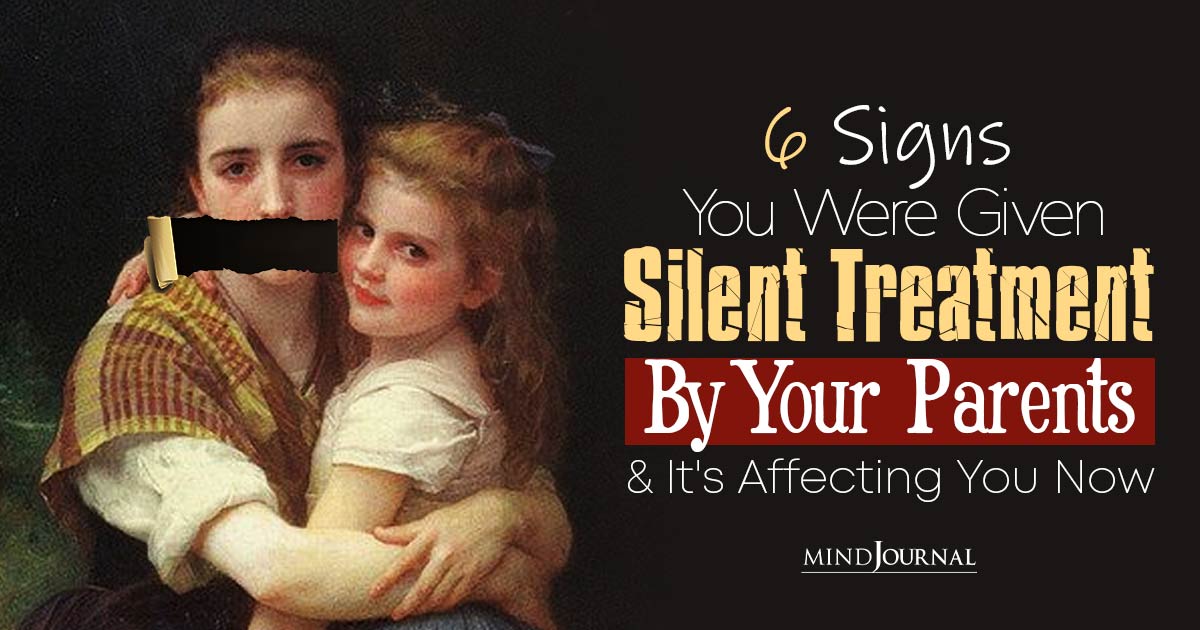


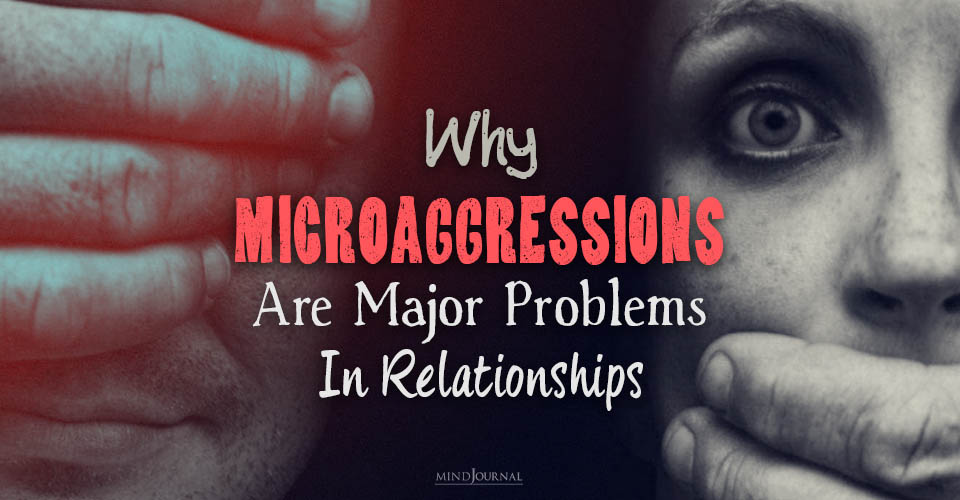

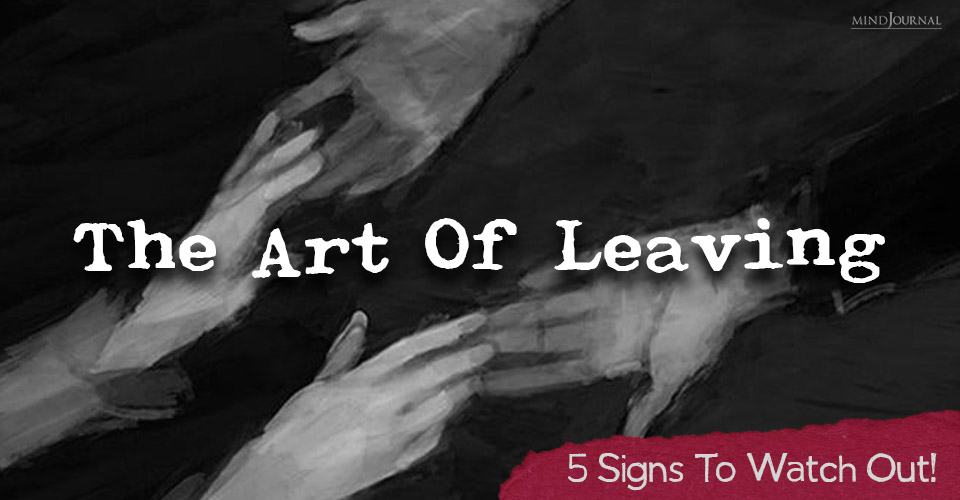
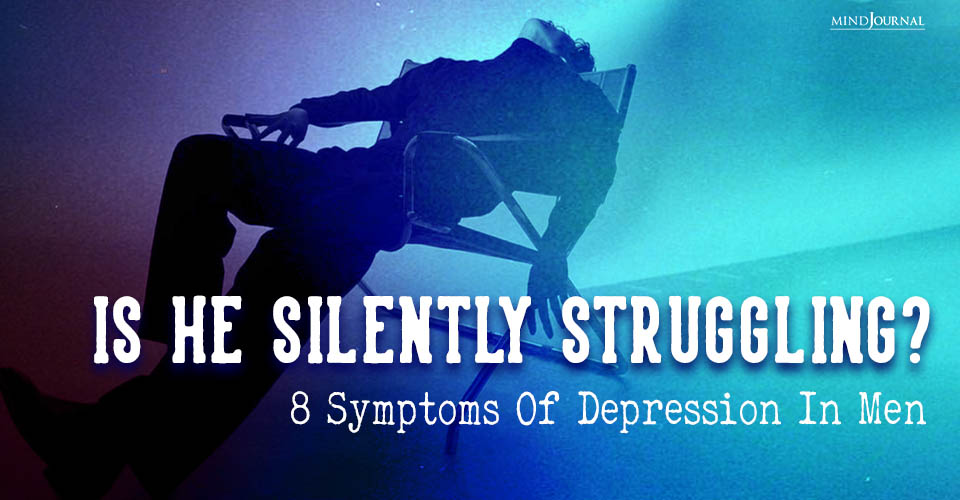






Leave a Reply
You must be logged in to post a comment.